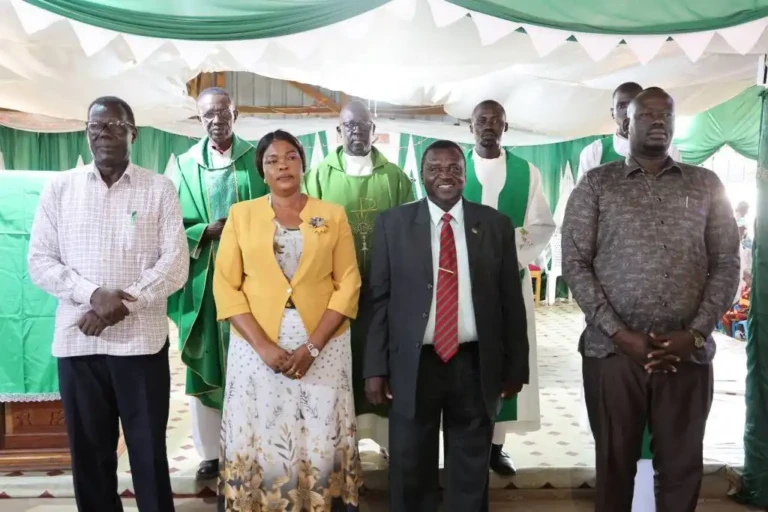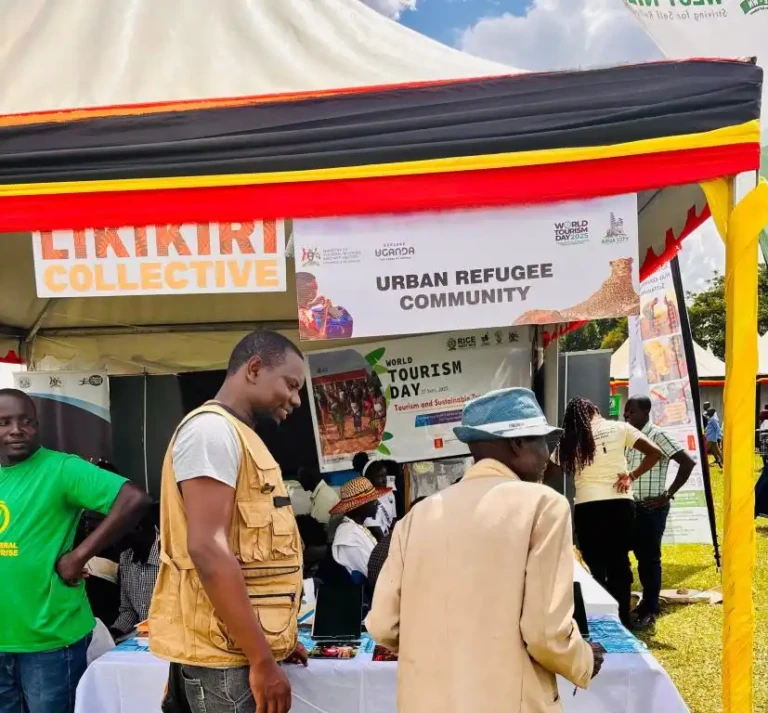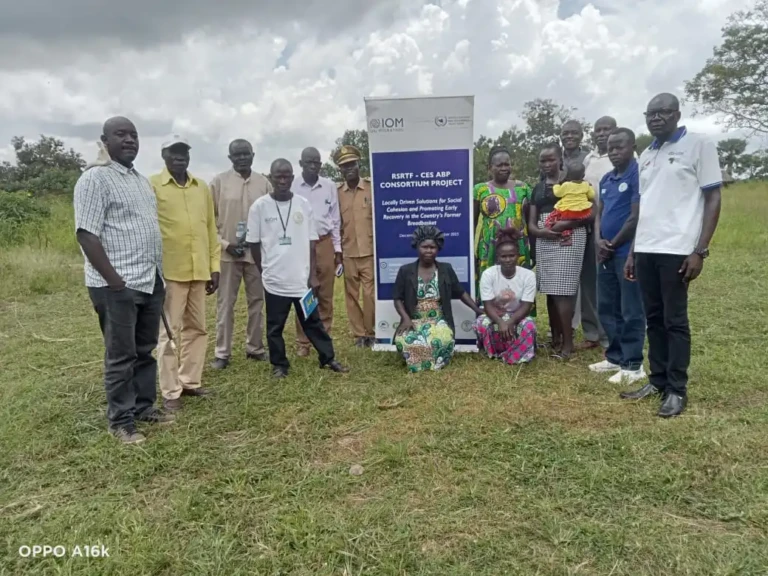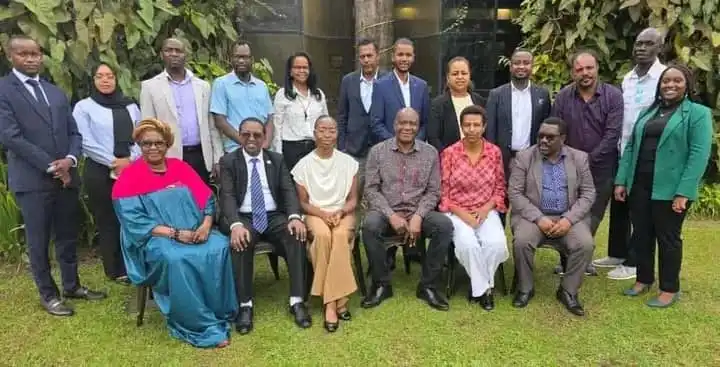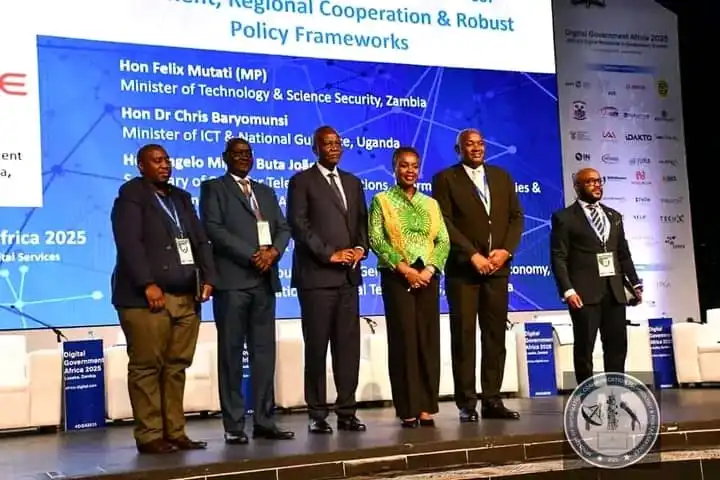
Photo: Agenzia Info Salesiana
(JUBA) – Over 5,000 displaced people in Gumbo, on the outskirts of Juba, received urgent shelter support this July as South Sudan marked its 14th Independence Day. Vulnerable families living in makeshift shelters at the Salesian run camp were given waterproof tarpaulins to help them face the rainy season in more secure and dignified conditions.
The distribution was carried out by Salesian missionaries in response to the worsening humanitarian crisis affecting both internally displaced South Sudanese and new arrivals fleeing conflict in neighbouring Sudan. While South Sudan celebrated 14 years of independence on 9 July 2025, the mood at the Gumbo camp was one of survival and relief.
The camp currently hosts more than 6,000 displaced people, many of whom live in temporary shelters made of worn plastic and scraps. These makeshift homes offer little defence against South Sudan’s extreme weather, intense heat, strong winds and torrential rains.
As the rainy season began, the threat of waterborne diseases, flooding, and exposure became more severe, especially for households led by women, elderly people, persons with disabilities and families with young children.
Recognising this urgent need, the Salesian missionaries, through the Provincial Planning and Development Office (PDO), provided emergency support to 750 of the most vulnerable families. The intervention included the purchase and distribution of 4×6 metre ultraviolet resistant tarpaulins.
Each family received two tarpaulins, enough to properly cover a shelter and protect basic belongings.
The families were selected in collaboration with community leaders, youth volunteers and women’s representatives. Selection was based on the condition of their current shelters, household makeup and the level of flood risk in their area of residence within the camp.
The distributions took place at the Salesian compound under organised conditions that included identity checks, staggered time slots and dedicated support for people with mobility challenges.
Project coordinator Fr. Leo Arokianathan emphasised that the mission went beyond logistics.
“It was not just about delivering materials, but about ensuring the dignity of these people and showing them that they are not alone,” he said.
The impact has been immediate. More than 3,600 women and their families now sleep under dry, secure roofs. The new sheets shield them from rain and provide privacy and a place to protect basic items such as clothing and cooking utensils.
One displaced mother said, “The sheet is more than just a roof. It is the difference between a peaceful night and a frightening night in the rain.”
To accommodate the needs of the most vulnerable, the project evolved to allow direct deliveries to shelters for people unable to queue. This flexibility has been welcomed by the community. Additionally, follow up visits were introduced to ensure the proper use of materials and build trust and transparency between the displaced residents and the missionaries.
While the tarpaulin project has brought much needed relief, the missionaries agree it is only a temporary solution.
Discover more from Access Radio Yei News
Subscribe to get the latest posts sent to your email.

